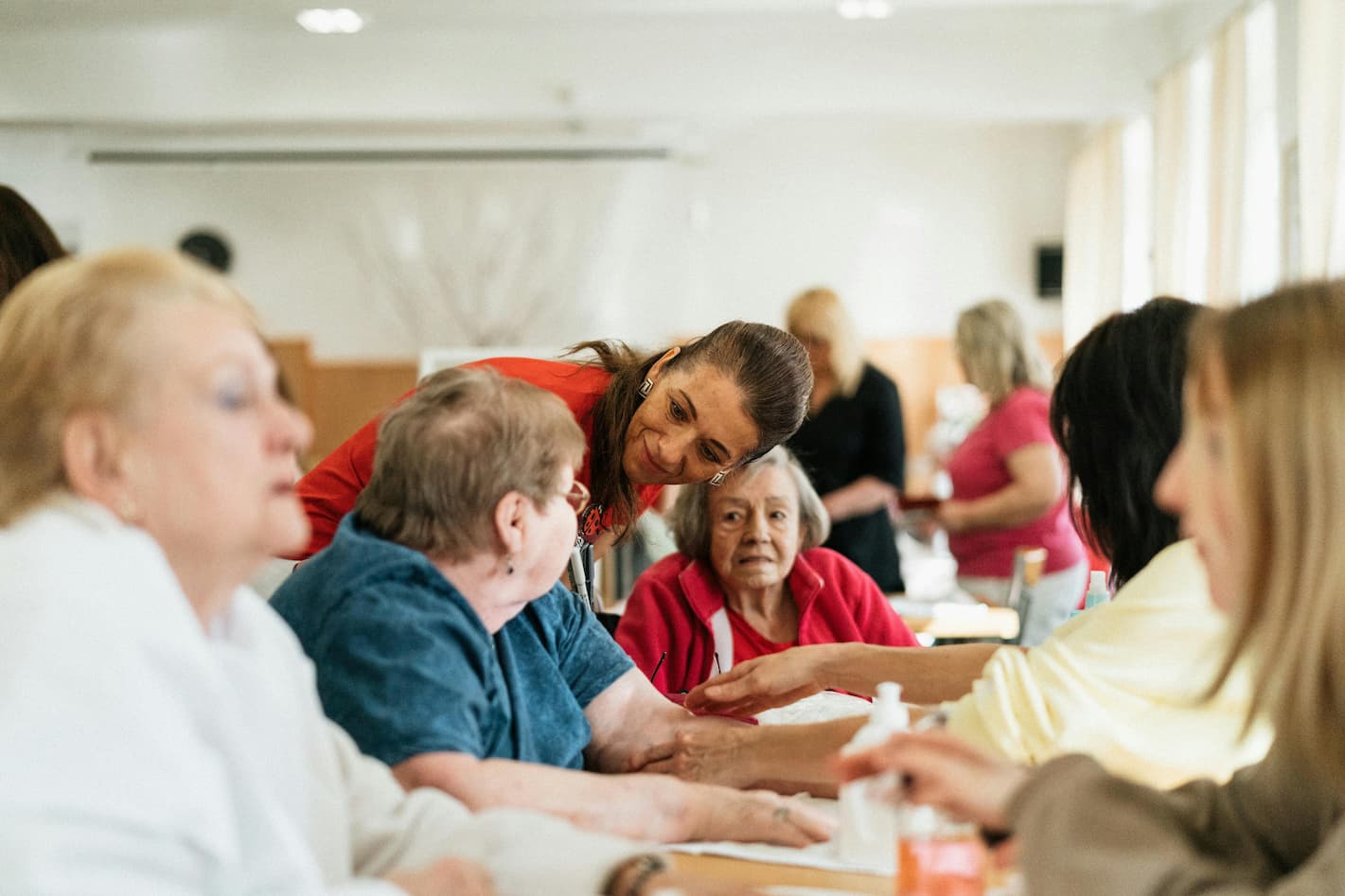
Communication is one of the most vital aspects when giving, or receiving care. If you’re someone who’s on the receiving end of care, communication is going to be your primary method to ensure that you’re getting the proper care and attention that you deserve. Effective communication has shown to have a positive impact on the patients’ well being, allowing them to live healthier, satisfying progression as they go through the transition of gaining independence through home or domiciliary care.
For the carer, it is important to establish effective communication methods with your patient and clientele. It is your responsibility to understand your patient's needs and get a feel of what they might be going through to fully deliver on your duty. This means you not only have to talk to the patient, you have to feel empathetic to their situation with full understanding.
And if you are the original caregiver or a relative of the patient, passing on the care to a carer, it is also crucial that you properly communicate the needs of your patient in order to have a fully optimized and easy transition. Likewise, the carer is also expected to report to you for any changes or any status updates of your patient. Communication is a two-way street, with one giving and the other one receiving.
To establish effective communication methods between the carer and the patient, there are a couple of things that could be followed. These are:
Look out for non-verbal communication. Speaking is one thing, but body language is the other. Non-verbal cues are often the most overlooked while trying to establish communication. These subtle cues often tell you more about what the patient is currently feeling despite them saying that everything is alright. In this case, you have to be sensitive and be very observant in order to properly comprehend what they might be otherwise not saying.
Have some Empathy. Put yourself in the patient's shoes sometimes. While it might be your job to care for the patient, sometimes they might be wary of telling you things out of any reason that they may have. Be understanding and allow them time to properly be able to tell you what they feel. Over time, they might just have some difficulty opening up, and that they might be still adapting to what this new normal is for them right now. Being sensitive to these things goes a long way for both the carer and the patient.
Listen Actively. This means keeping an open ear to what your patient might be saying at any time. By listening actively, you promote that you do acknowledge what your patient is saying, allowing them to be much more comfortable around you. Responding to them by smiling, nodding shows that you are actively looking out for them, will further encourage them to rely on you for assistance. This fosters great communication between you and the carer.
Communication might be a simple thing, but it is a skill that is often overshadowed or overlooked by the more technical aspects of working as a carer or a caregiver. By establishing effective communication, both the carer and the patient benefit greatly by having the things they need to do or need achieved handed in the quickest, most efficient way possible.